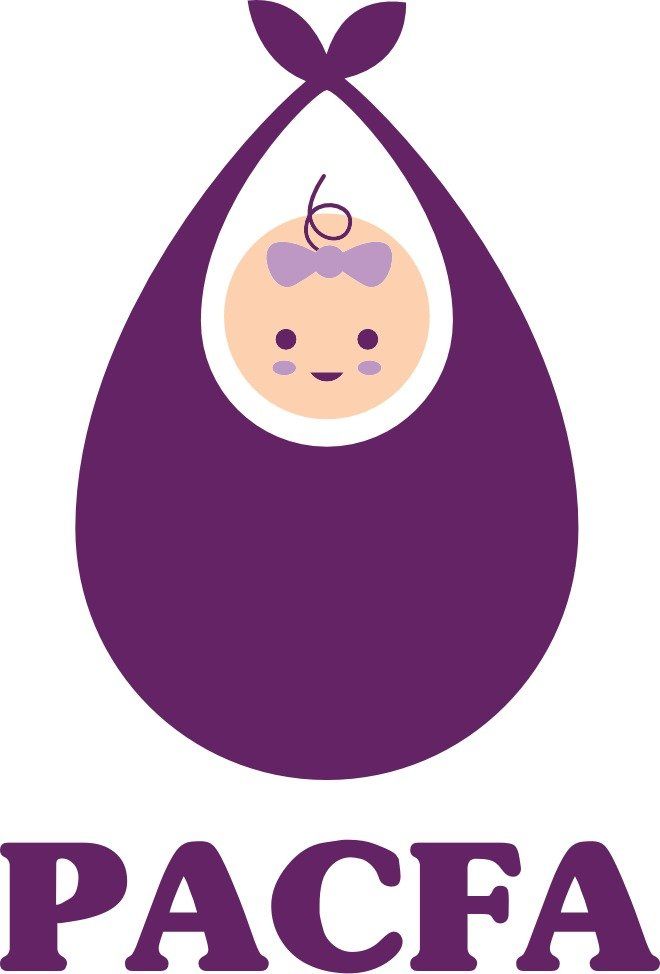Fostering Standards
The Office for Standards in Education, Children’s Services and Skills (Ofsted) inspects and regulates services that care for children and young people as well as services providing education and skills for learners of all ages.
In 2011, the Department of Education published the fostering national minimum standards document, The National Minimum Standards 2011. This document comprehensively details the minimum standards and regulations for children, looked after children, and adoption which along with the Fostering Services Regulations 2011 is the basis of the regulatory framework that regulates and monitors the conduct of fostering services as set out by the Care Standards Act 2000.
Parent and Child Fostering Assessments is attentive to the need to meet and exceed the minimum standards for fostering services. We have been rated Good on a full inspection on 6th June 2016, and we are proud of our high standards and continue to look to exceed these and improve further.
Embedded in our statement of purpose are the elements involved in safeguarding the environment for children in foster care. We have procedures, resources, and training that help us meet all government minimum standards for foster care. We are attentive to the parent and children’s placement needs and our carer training.
Below are excerpts from Ofsted reports on the service we provide:
"Parents and their children benefit from having supportive foster carers, and make good progress from their starting points. This is despite arriving at their placements with a range of complex issues, which may include drug use and mental health concerns. Many parents engage well with foster carers and continue to care for their children on leaving the foster placement. When parents are not able to continue to care for their children, placement endings are handled with care and sensitivity."
"Foster carers support parents to develop positive routines and care skills. This is important, given the young age of the children in placement. Children benefit from this consistency, and records show that they meet their developmental milestones. Foster carers support the parents to undertake a range of care tasks for their children, including feeding, bathing and attending medical appointments. Achieving these tasks helps the parents to develop self-esteem and to access important community support services."
"Parents and foster carers quickly form trusting relationships with each other. Foster carers use ‘reflective conversations’ in placements. These conversations, which take place within a supportive environment, offer parents an opportunity to explore their wishes and feelings and their challenging life histories".
"Foster carers reported that they were feeling well prepared for the fostering task. They are motivated and value their role in supporting and informing parenting assessments. Foster carers are skilled and remain child-centred, while also offering support to parents."
"Effective training and support give foster carers the tools that they need to support complex and difficult placements. One carer referred to the benefit of a recent course on child development, and another referred to the support from a local hospital on specialist feeding techniques for a child. Foster carers use their own knowledge and skills to support parents and their children. For example, one foster carer encouraged a parent to avoid accessing social media, as this may have a negative influence."
"Feedback from key professionals is positive. Placing social workers praised the positive impact of placements. One social worker and a presiding judge commented on the stability achieved by a parent during a difficult set of care proceedings and a parenting assessment."



